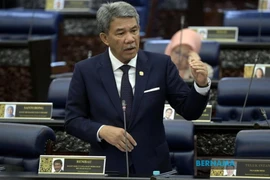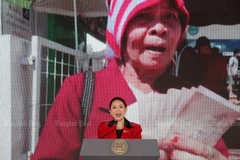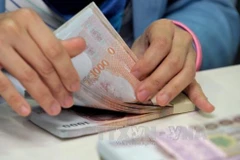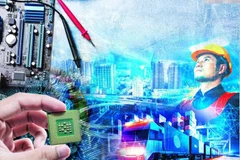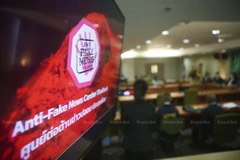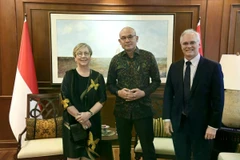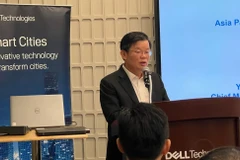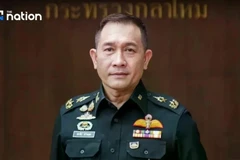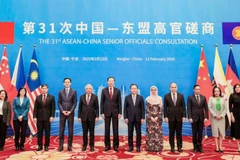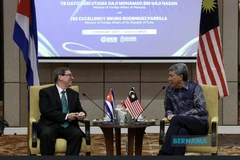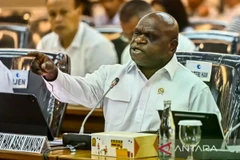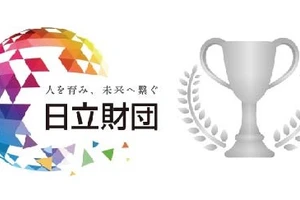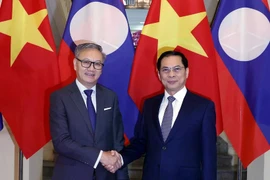Kuala Lumpur (VNA) – Malaysia is making efforts to align with the global trend towards digitalisation, which is driving demand for data centres, cloud computing, blockchain and artificial intelligence (AI).
Speaking at the Siemens Data Centre Conference on February 13, Tenaga Nasional Bhd (TNB) President and CEO Datuk Megat Jalaluddin Megat Hassan said that the global demand for AI, e-commerce, Internet of Things, and cloud computing is driving the growth of data centres. This trend is a key focus for many countries, including Malaysia.
According to Jalaluddin, TNB prioritises power generation, focusing strongly on reserve operations and reserve generation to ensure a stable supply. It has sufficient capacity margins to support the growing power demands of new data centres, reinforcing Malaysia’s position as a key player in the regional digital economy.
TNB is also expanding its power generation through renewable energy sources in line with global sustainability efforts. This shift aligns with Malaysia’s commitment to reducing carbon emissions while maintaining a reliable electricity supply for critical industries like data centres.
Delivering a keynote address at the conference, Malaysian Digital Minister Gobind Singh said the government aims to build Malaysia into a leading data hub and shape a digital economy in the future.
When it comes to data centres, it is essential to follow established guidelines, including the recently approved Data Centre Planning Guidelines by the Cabinet, he added.
In addition, Malaysia is developing guidelines on power and water usage effectiveness to set minimum sustainability standards for future data centres.
These guidelines are expected to be implemented in 2025 to ensure facilities meet local demands, address future challenges and align with global standards for managing high power and water consumption.
Malaysia Digital Economy Corporation CEO Anuar Fariz reaffirmed the agency’s commitment to positioning Malaysia as a leading data centre hub.
Accordingly, Malaysia will offer strong incentives, business-friendly policies and access to more affordable energy.
Anuar said Malaysian Prime Minister Datuk Seri Anwar Ibrahim has raised concerns about data centre investments, particularly whether the return on investment justifies the number of jobs created.
While Malaysia is prepared for this growth, it is crucial to establish clear safeguards to ensure sustainable development. This includes protecting the environment and facilitating the transition from a manufacturing-based economy to one that offers high-quality, high-paying jobs, he added./.



